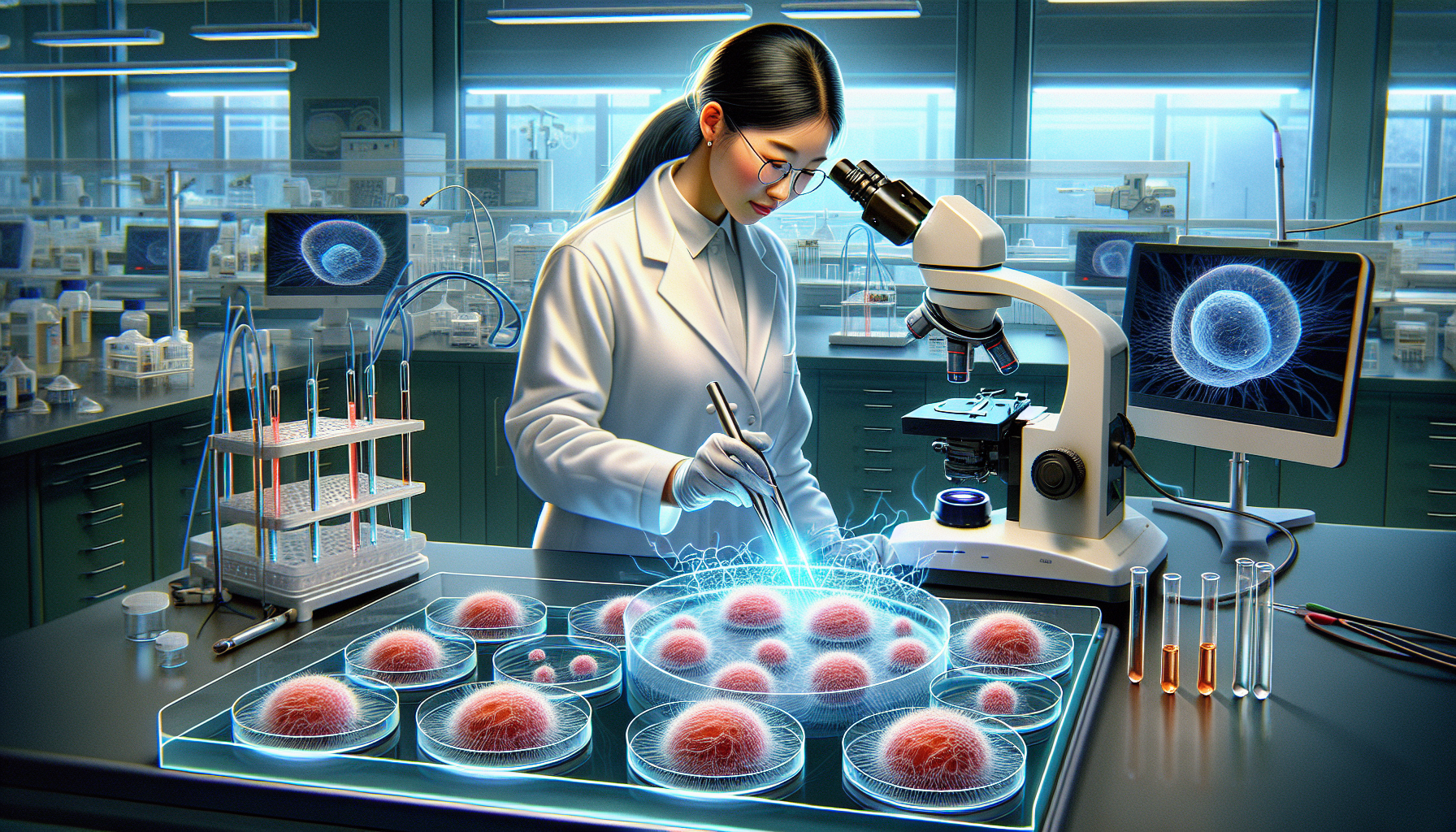Trinity College Dublin researchers report that electrically stimulating human macrophages shifted them toward an anti‑inflammatory, tissue‑repairing state in laboratory tests, pointing to potential therapies for injuries and inflammatory disease. The peer‑reviewed findings appear in Cell Reports Physical Science.
Researchers at Trinity College Dublin found that applying controlled electrical currents to human macrophages can calm inflammation and promote tissue repair, according to a university release and a summary on ScienceDaily. The study is published in Cell Reports Physical Science. (tcd.ie)
Macrophages are white blood cells that patrol tissues, clear debris and microbes, and help coordinate immune responses; when overactivated, they can drive damaging inflammation seen across many diseases. (tcd.ie)
In the study, scientists isolated macrophages from healthy donor blood provided via the Irish Blood Transfusion Board at St James’s Hospital, placed them in a custom bioreactor, and applied precisely controlled electrical stimulation while monitoring biological effects. (tcd.ie)
Electrostimulation shifted the cells toward an anti‑inflammatory, pro‑regenerative state. The team reported reduced activity in inflammatory signaling markers, increased expression of genes tied to new blood‑vessel formation, and enhanced recruitment of stem cells to wound models—signals associated with tissue repair. (tcd.ie)
“We have known for a very long time that the immune system is vital for repairing damage in our body and that macrophages play a central role in fighting infection and guiding tissue repair,” said Dr Sinead O’Rourke, a Research Fellow in Trinity’s School of Biochemistry and Immunology and first author. She added that while evidence has been growing that electrical stimulation can influence cells during wound healing, little was known about effects on human macrophages before this work. (tcd.ie)
The interdisciplinary team was led by Professors Aisling Dunne (School of Biochemistry and Immunology) and Michael Monaghan (School of Engineering). “Not only does this study show for the first time that electrical stimulation can shift human macrophages to suppress inflammation, we have also demonstrated increased ability of macrophages to repair tissue,” they noted, highlighting the potential of electrical stimulation to boost the body’s own repair processes. (tcd.ie)
Professor Monaghan said next steps include testing more advanced stimulation regimes to achieve more precise and sustained effects on inflammatory cells, and exploring new materials and delivery modalities for electric fields. “This concept has yielded compelling effects in vitro and has huge potential in a wide range of inflammatory diseases,” he said. (tcd.ie)
Because the experiments used primary human cells, the authors argue the findings are directly relevant to eventual clinical translation. They also characterize electrical stimulation as relatively safe and easy compared with many therapeutic options—caveats that the work so far is laboratory‑based. (tcd.ie)
Context: The authors describe this as a first demonstration in primary human macrophages. Prior studies using a human macrophage‑like cell line (THP‑1) also reported that direct‑current electrical stimulation can push cells toward a pro‑regenerative (M2‑like) phenotype, underscoring active research momentum in this area. (mdpi.com)

